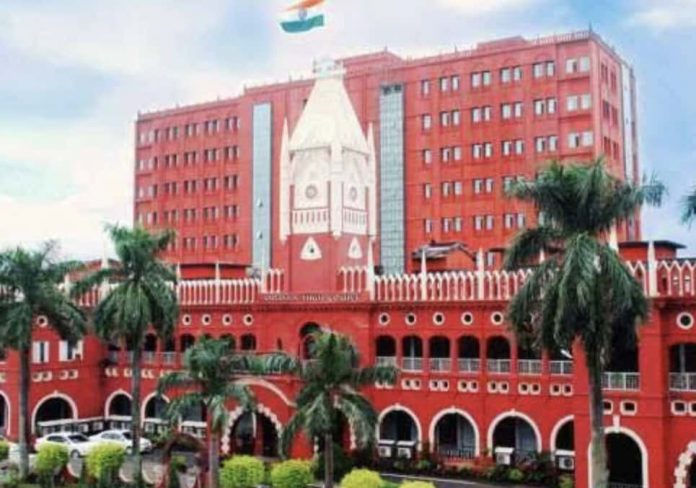The Orissa High Court dismissed a Public Interest Litigation (PIL) filed challenging the circular issued by the Reserve Bank of India (RBI) which announced discontinuance from circulation of Rs 2000 notes.
The PIL filed by one Jayanti Das to issue a Rule Nisi calling upon the opposite parties to show cause as to why a writ of mandamus or any other appropriate writ/writs shall not be issued to the opposite parties
(i) to make necessary changes in the press release, notification and circular to different banks based on the above grey areas identified like ascertaining the limit of exchange by a person per day in cash because the same person can exchange several times repeatedly standing in the queue;
(ii) shall not to make mandatory for exchange of ₹2,000 banknotes either through bank account or through requisition slip with full details like mobile number, Aadhar card number, source of income, PAN card as such persons who have these detail can be assumed to have surplus money and the rest of 81 crores having free ration does not come under this purview;
(iii) shall not to provide the details of the minutes and the office note with name and designation of the officers of RBI passed such statutory policy and survey report which confirmed that ₹2,000 banknotes are mutilated and life span has expired based on which they issued circular for withdrawal of ₹2,000 banknotes from circulation;
(iv) shall not to explain to the Court why only ₹2,000 banknotes and not any other currency of other denomination whose lifespan has already expired and are in mutilated condition printed much earlier to ₹2,000 banknotes and still in circulation;
(v) shall not to explain to the Court what are the checks and balances followed in this exchange policy procedure so that the black money holders are caught red handedly.
The very same notification issued by the Reserve Bank of India dated 19.05.2023 was under challenge in Delhi High Court on the ground that it is arbitrary and violative of Article 14 of the Constitution of India and a Division Bench of the said Court in the case of Aswini Kumar Upadhyay -Vrs.- Union of India and others reported in 2023 SCC Online Del 3218 decided on 29.05.2023.
The Delhi High Court has also relied upon the decision of the Supreme Court in the case of Directorate of Film Festivals -Vrs.- Gaurav Ashwin Jain reported in (2007) 4 Supreme Court Cases 737 .
The Vacation Division Bench of Justice Sangam Kumar Sahoo and Justice Murahari Sri Raman held that law is well settled a public interest litigation is a weapon which has to be used with great care and circumspection and the judiciary has to be extremely careful to see that behind the beautiful veil of public interest, a publicity seeking is not lurking. It is to be used as an effective weapon in the armory of law for delivering social justice to the citizens. It should be aimed at redressal of genuine public wrong or public injury and should not be publicity oriented which is detrimental to the public interest at large. A publicity interest litigation should be nipped in the bud so that valuable time of the Court is saved which can be effectively utilized in reducing huge pendency of cases.
“After going through the averments taken in the writ petition and on hearing the learned counsel for the petitioner as well as learned Deputy Solicitor General for the Union of India and on going through the decisions of the Hon’ble Supreme Court regarding the scope of interference in the economic policy decision of the Government, we are of the view that the present writ petition is a publicity interest litigation in the garb of public interest and thus, we are not inclined to entertain the same. Accordingly, the writ petition being devoid of merits, stands dismissed”, the order reads.


